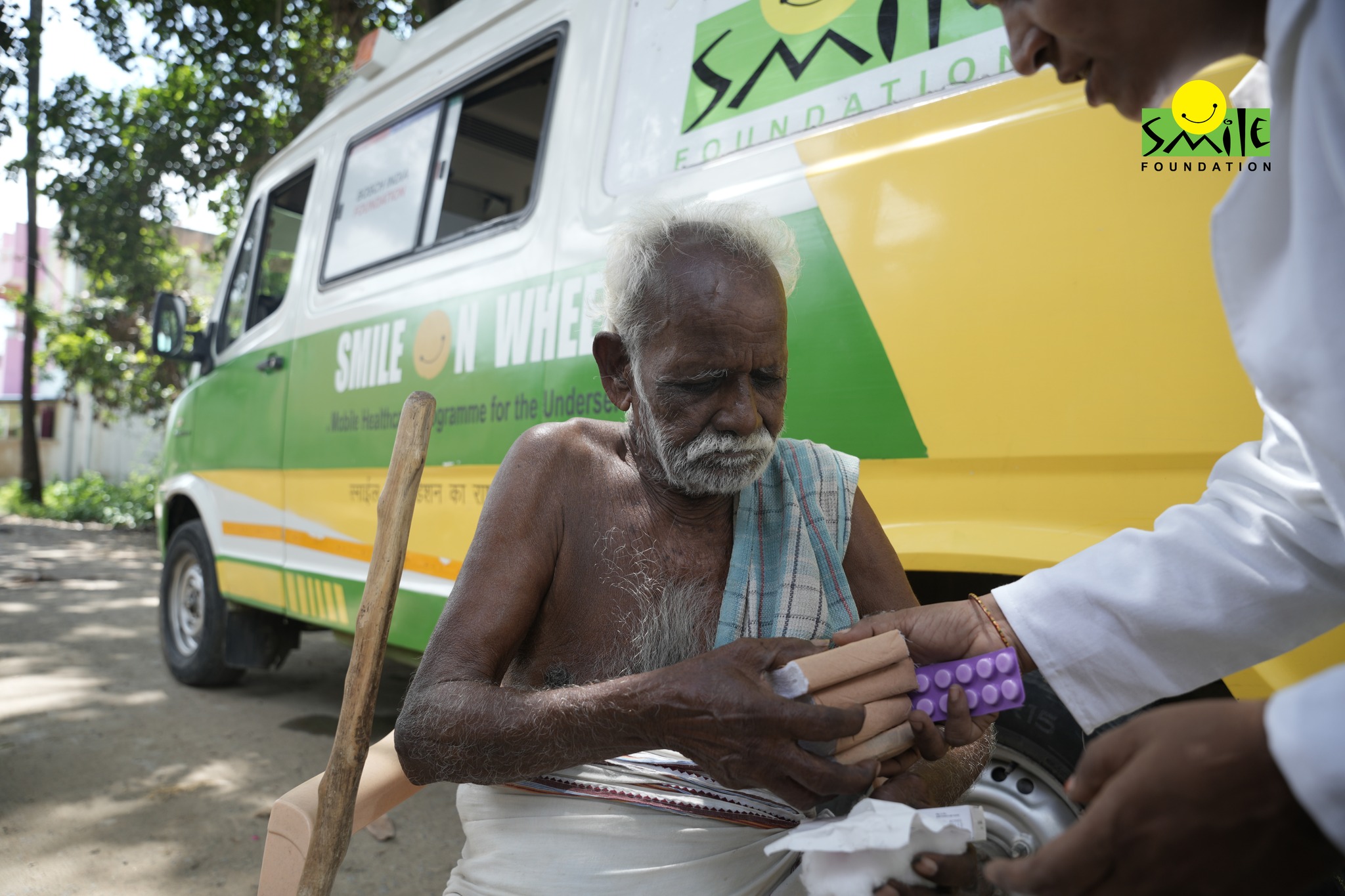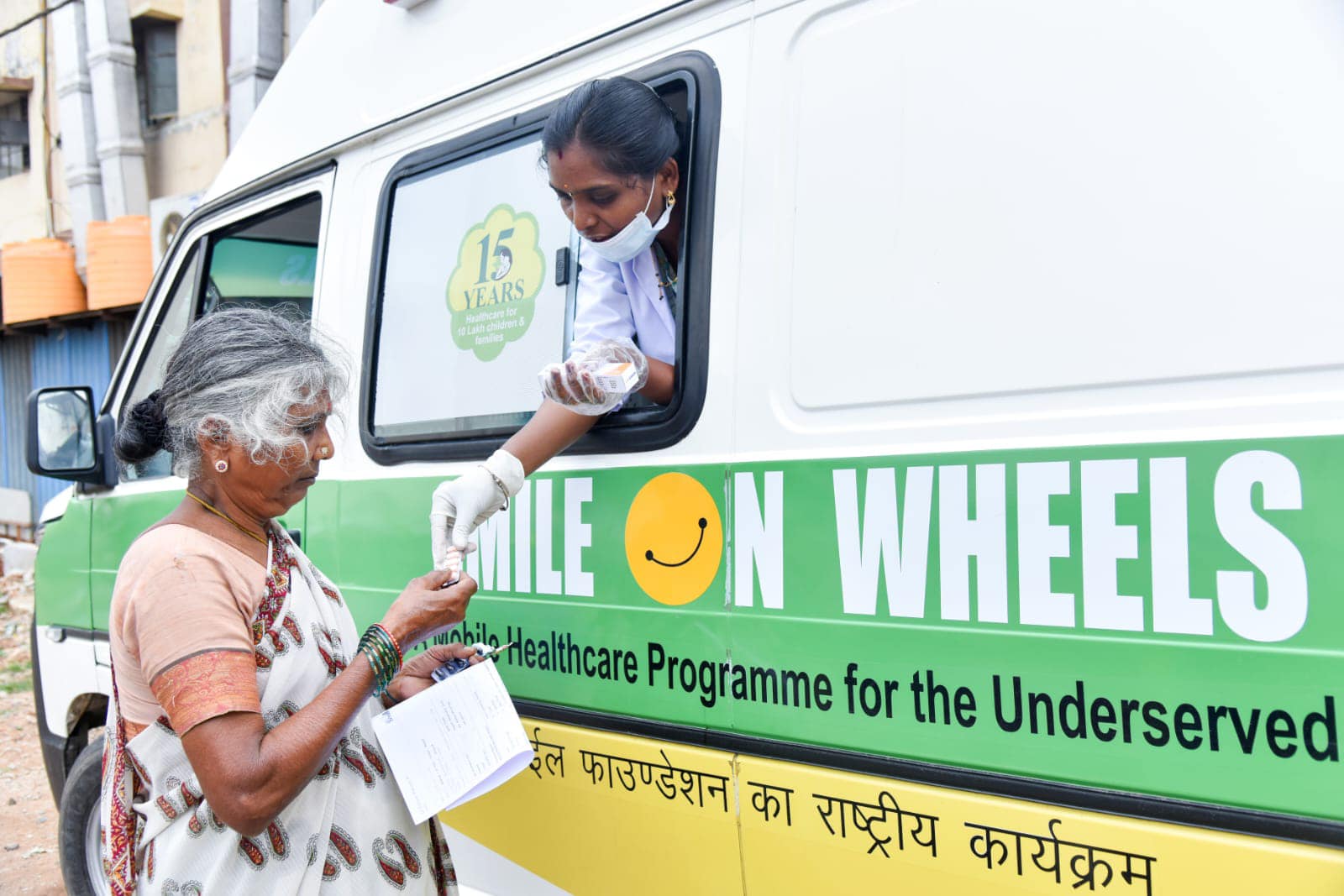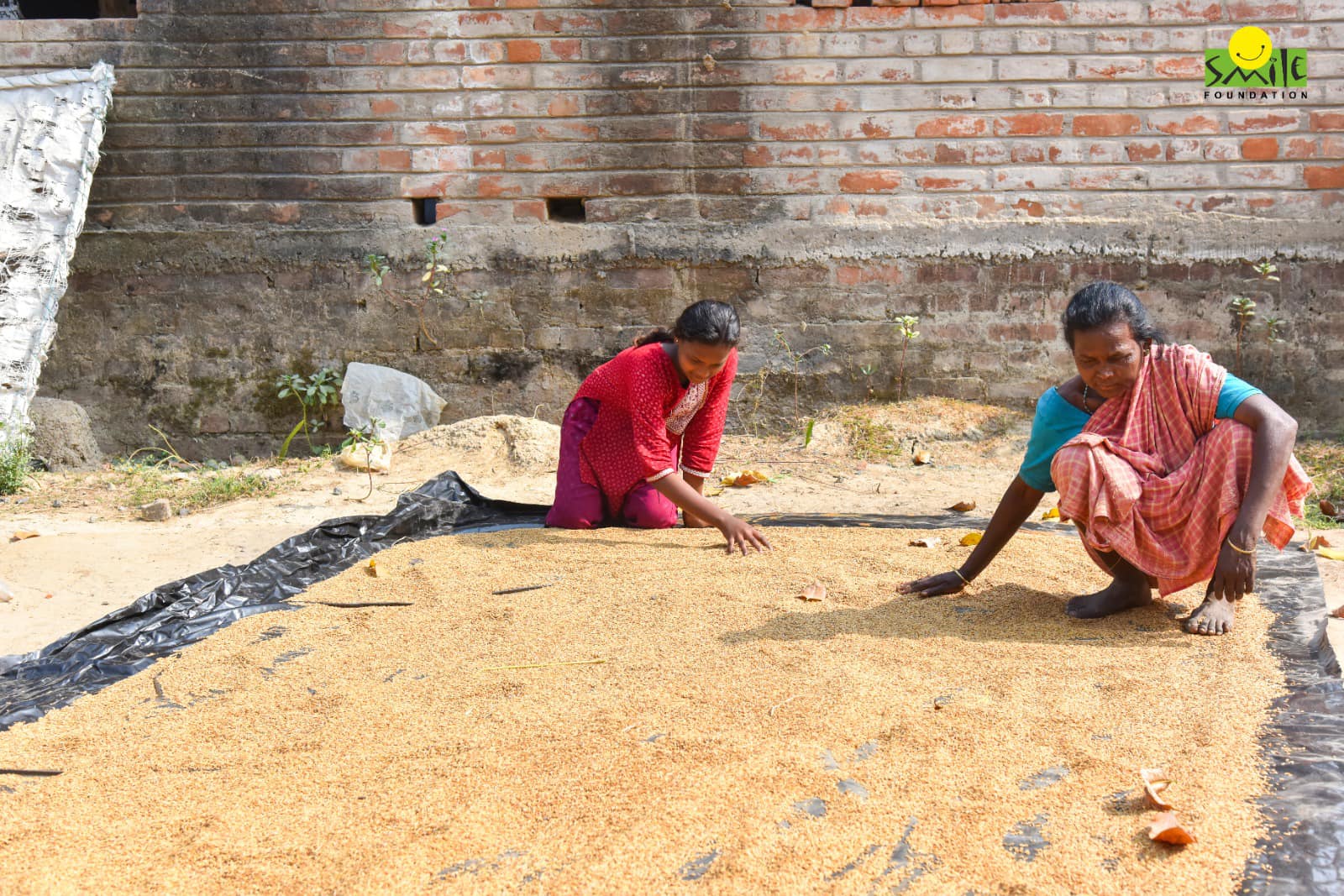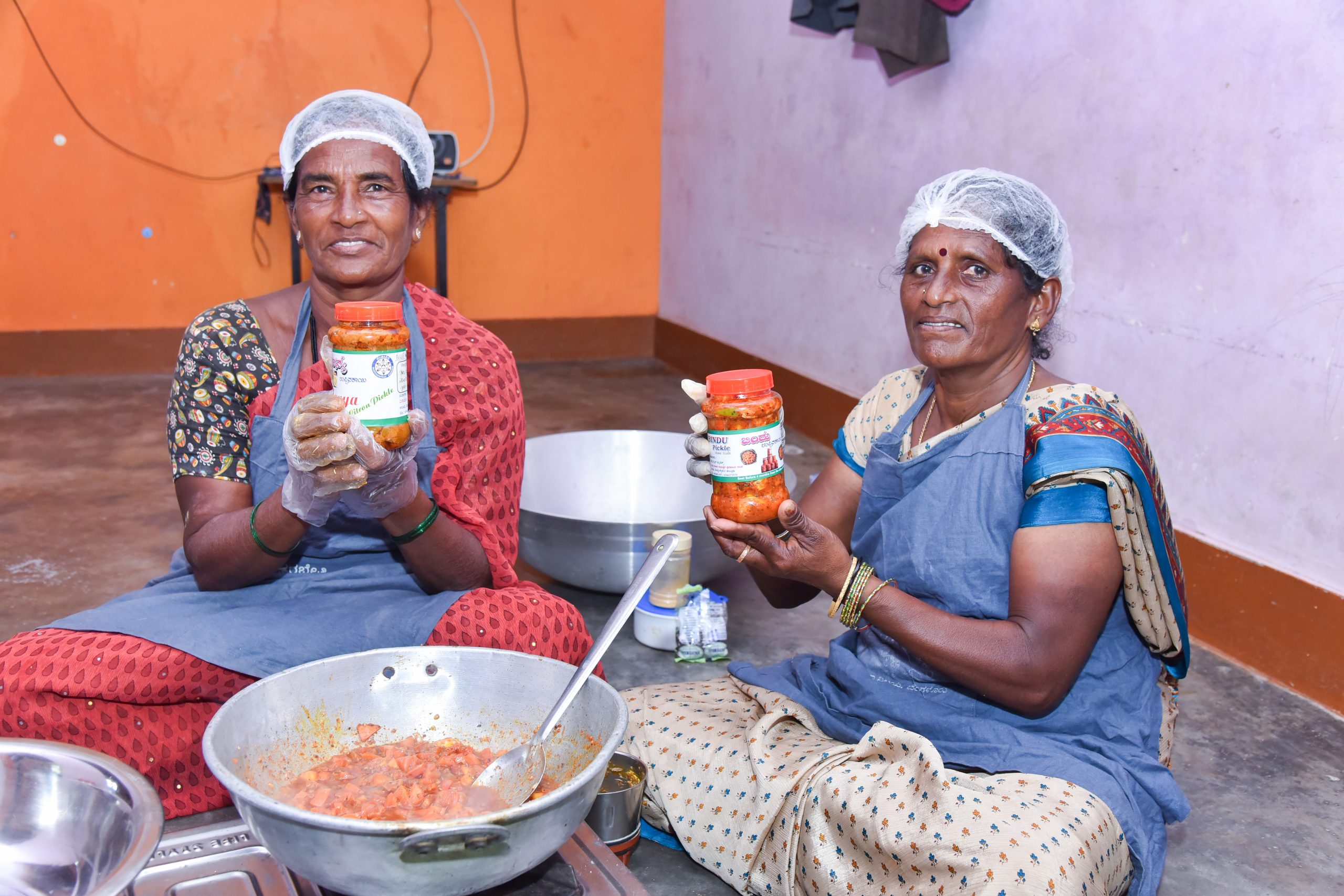In today’s world, it is common to see people walking or running to the gym, practicing intermittent fasting, or following popular diets to lose weight. This lifestyle stands in stark contrast to earlier patterns, where health typically became a priority only after the age of 40 or when a health issue arose. However, is that enough to maintain good health? Other factors such as managing stress, a nutritious diet, and overall lifestyle changes also play a crucial role in staying healthy. The excessive use of mobile phones is also impacting people’s mental and physical health.
Younger generations in India are increasingly adopting healthier lifestyles and becoming more health-conscious by following nutritious eating habits and engaging in regular exercise. Despite being more aware of their health than previous generations, there are still concerns regarding rising stress levels, mental health issues, and the prevalence of unhealthy food. These factors contribute to the growing incidence of lifestyle diseases. Women have varied issues at various stages that also often go unattended.
Being aware is one thing and implementing healthy habits and routines is another thing. Self-awareness enables us to recognise and respond to our physical and psychological needs in a timely manner. But, we must be motivated to create action plans to meet these basic needs.
Rising Lifestyle Diseases
Lifestyle diseases are often associated with various lifestyle factors, including unhealthy diets, lack of physical activity, tobacco use, and excessive alcohol consumption. Cardiovascular diseases encompass conditions that affect the heart and blood vessels, leading to heart attacks. There has been considerable debate about how the pandemic has impacted all aspects of human health along with the long-term consequences of the vaccine, particularly heart health. Regardless, it seems the pandemic has contributed to an increase in heart attacks to some extent. Alarmingly, the average age of patients with cardiac issues is decreasing each year.
Hypertension is a very common medical concern in India. Obesity is also increasingly affecting young children, youth, and adults. Factors contributing to this include sedentary lifestyles, lack of outdoor play, and unhealthy food and processed food.
Diabetes comes with a lot of challenges along with elevated blood sugar levels. It can lead to numerous other medical problems or exacerbate existing conditions such as heart disease, chronic kidney disease, and vision impairments. It may delay improvement in cases.
Chronic Respiratory Diseases
Indians are increasingly suffering from respiratory diseases due to co-morbidities and high pollution levels. Chest and throat diseases, often manifesting as pneumonia which can be life-threatening, are very common.
Mental Health
Recently, the incidence of mental health disorders such as depression, anxiety, substance abuse, etc., has significantly increased among Indians. The pandemic has played a substantial role in this rise, along with a lack of awareness and stigma towards mental health and limited access to mental healthcare.
This alarming trend in mental health concerns is closely linked to the intense performance demands and high expectations prevalent in various professional sectors and in academics. The consequences of such persistent stress are profound, negatively impacting not only individual mental and physical well-being but also reducing productivity in workplaces and schools/colleges. Furthermore, peer pressure, excessive internet use, and social media comparisons can worsen mental health issues, leading to feelings of inadequacy and unrealistic expectations.
Women’s Health
Though mental health and other lifestyle-related diseases also affect women, their health concerns are intricate and diverse. Throughout different life stages, women face various issues related to sexual and reproductive health, osteoporosis, and chronic conditions such as cancer and heart disease. Women often neglect their health, and this lack of attention is further perpetuated by others.
Positive Trends Towards Good Health
There are encouraging trends regarding health, particularly among young people. The youth can serve as role models for older generations and, as part of families, can encourage healthier habits among adults. Some positive practices that Indians are adopting and can promote include:
Increased Health Awareness and Fitness Options: Young people are more informed about nutritional needs and actively seek healthier food choices. They prioritise regular exercise, take gym memberships, do yoga, and utilize home workout apps that are becoming increasingly popular. Health influencers on social media also promote good health and healthy eating habits.
Access to Information: There is a wealth of health information available through technology, and social media plays a significant role in encouraging healthier lifestyle choices.
Focus on Mental Health: Young individuals are more open to addressing stress and other mental health issues, often seeking counselling or therapy.
Community Health Activities: Many young people participate in marathons, walking or cycling groups, and other outdoor adventures, which promote physical activity and social engagement.
Preventive Healthcare: Youth are more aware of the importance of health check-ups and vaccinations, as well as understanding hereditary health risks.
In conclusion, while there is a growing awareness of health among young Indians, translating this awareness into actual practice is essential. A comprehensive focus on physical and mental health is necessary to ensure overall well-being.
Bridging Healthcare Gaps with Smile Foundation
Despite growing awareness of health and well-being, millions in India, especially women and children in underserved communities, still lack access to essential healthcare. Smile Foundation’s healthcare programme is committed to changing this by providing preventive, promotive, and curative healthcare services where they are needed most. Through initiatives like Smile on Wheels, we take primary healthcare to remote areas, ensuring that families receive timely medical attention, screenings, and awareness about lifestyle diseases, maternal health, and nutrition.
With the rise of lifestyle diseases, mental health concerns, and chronic conditions, healthcare must go beyond treatment—it must focus on prevention and awareness. Our programme works to empower individuals with the knowledge and resources to make informed health choices. By collaborating with medical professionals, government agencies, and local organizations, Smile Foundation is treating illnesses and building healthier communities for the future.









